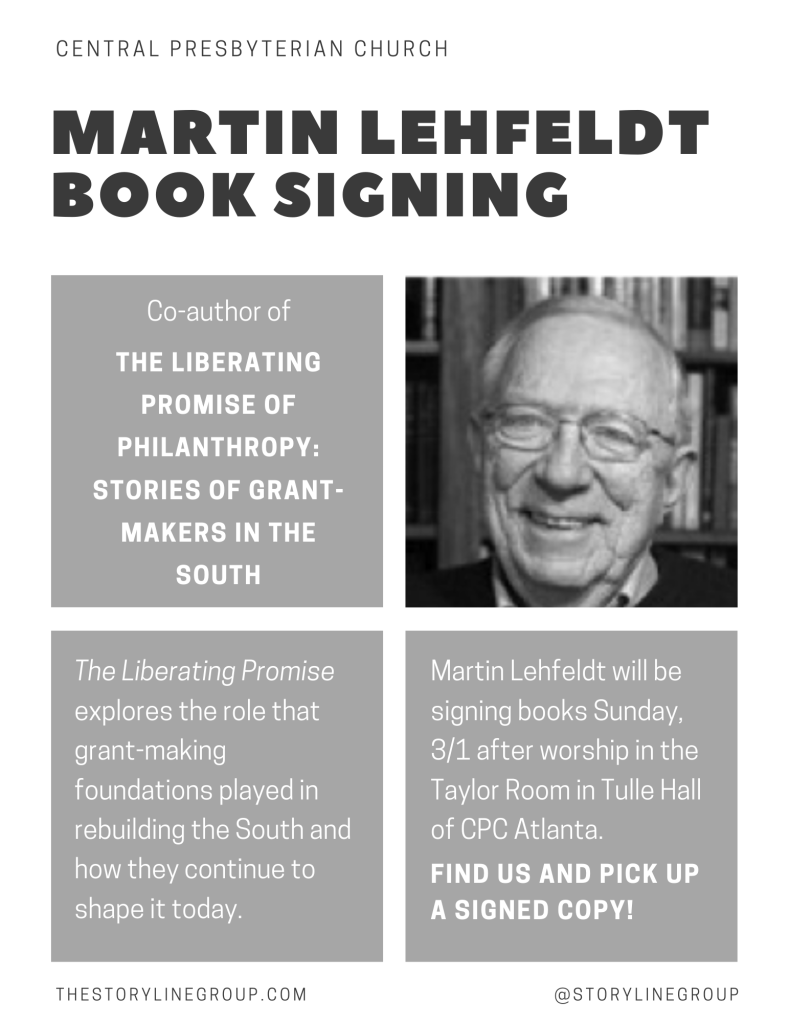“With the disappearance of Latin from the schoolroom, the greatest statesman of ancient Rome, Marcus Tullius Cicero, is now a dimly remembered figure. He does not deserve this fate and it is time to restore him to his proper place in the pantheon of our common past.
One powerful motive for doing so is that, nearly two thousand years after his time, he became an unknowing architect of constitutions that still govern our lives. For the founding fathers of the United States and their political counterparts in Great Britain, the writings of Tully (as his name was Anglicized) were the foundation of their education. John Adams’s first book and proudest possession was his Cicero.”
Excerpted from The Liberating Promise of Philanthropy.
